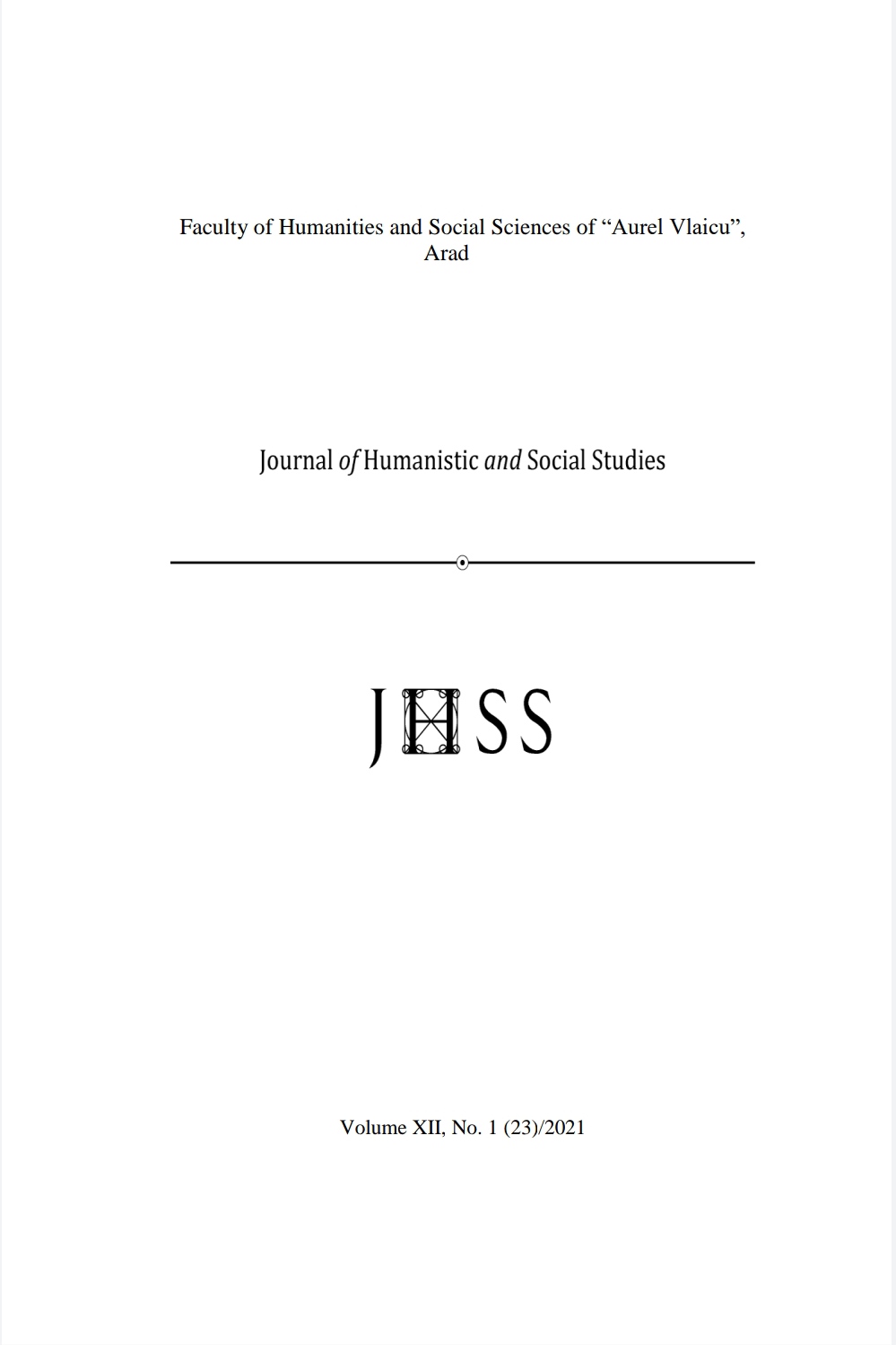Subtilitatea formelor discursive în eseul Grădina de piatră de Nikos Kazantzakis
The Subtlety of Discursive Forms in Nikos Kazantzakis
Author(s): Amalia DrăgulănescuSubject(s): Language and Literature Studies, Aesthetics, Greek Literature
Published by: Editura Universității Aurel Vlaicu
Keywords: voyage accounting; the category of sublime; Oriental mystique; spiritual pilgrimage; ultimate reality;
Summary/Abstract: This article presents the proteicity of some forms of discourse which combines aesthetics and representations, referring to mentalities and even ideology, in a genuine kind of metatext. Being a pretext for his atipic literature with philosophical insertions, Nikos Kazantzakis’ voyages in China and Japan create the appropriate atmosphere for a temperate fiction and a hyperbolic reality. From this perspective a realistic allegory about the eternal China and the fragile Japan, two sources of chaos and wisdom in the same time, arises. Prefiguring some patterns of a sui generis postmodernism, this writing includes several topical ideas like the universality of a unique religion, the intercultural changes and even the idea of a mankind which recovers the signs of the humanity.
Journal: Journal of Humanistic and Social Studies
- Issue Year: 12/2021
- Issue No: 1
- Page Range: 49-56
- Page Count: 8
- Language: Romanian

